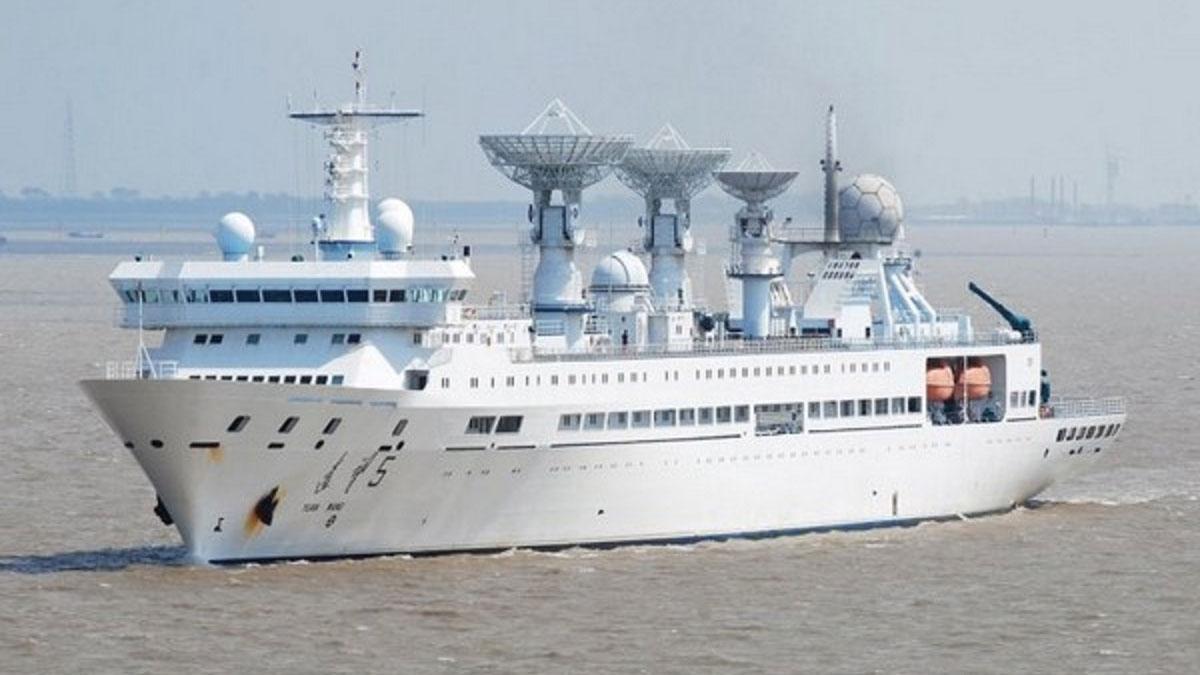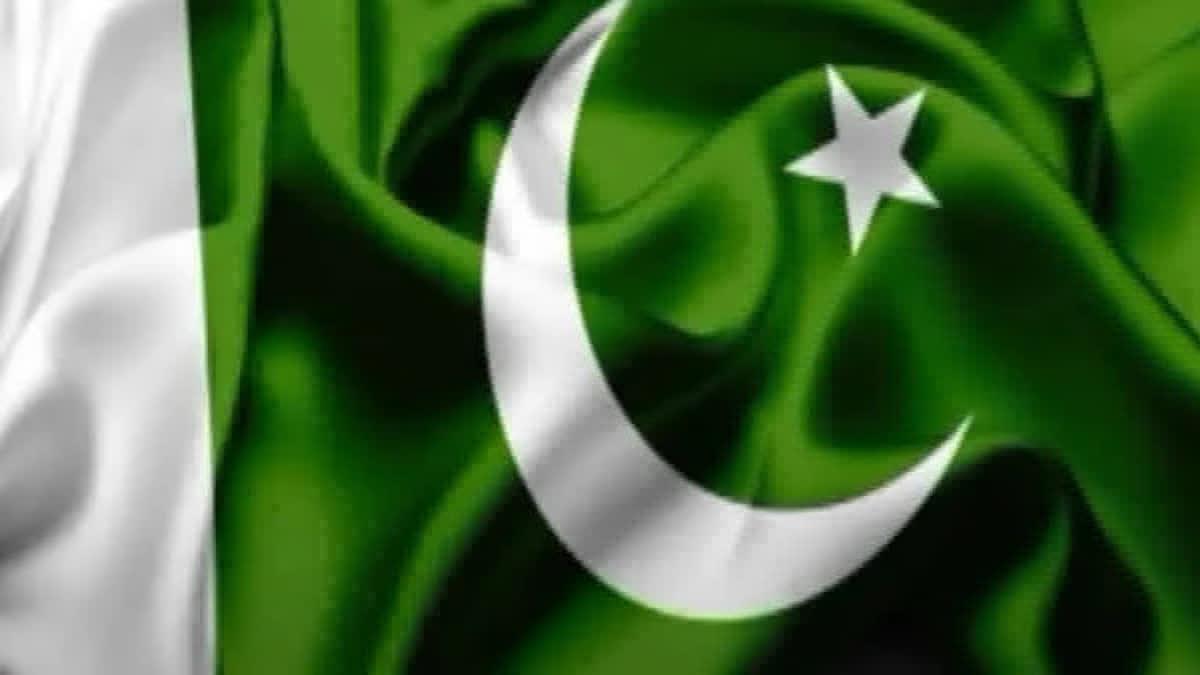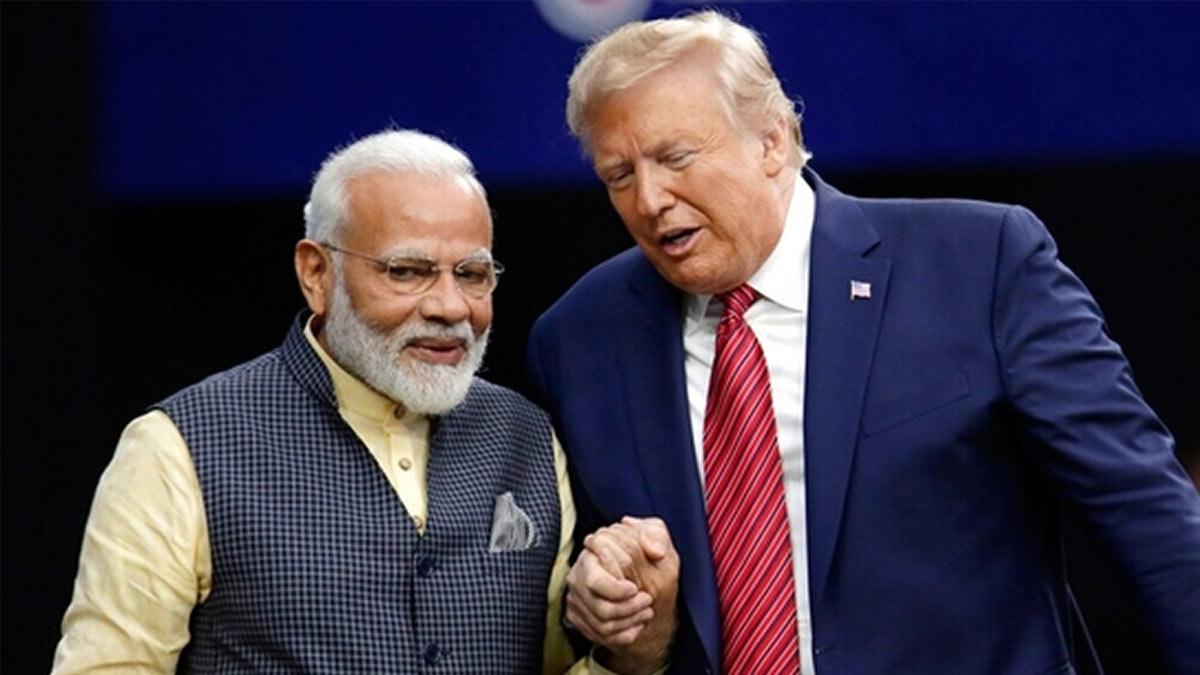China has defended its recent activities in the Indian Ocean, including the docking of its research vessel in the Maldives, stating that these actions are for peaceful purposes and aimed at enhancing scientific understanding of the ocean. The Chinese Foreign Ministry spokesman emphasized that China's scientific research activities in relevant waters comply with international law, particularly the UN Convention on the Law of the Sea (UNCLOS).
The permission for the Chinese research vessel to dock at Male port in the Maldives was granted by President Mohamed Muizzu, who is known for his pro-China stance. The Indian defense establishment is closely monitoring the movements of the Chinese ship in the region.
Despite concerns raised by India and others, China has maintained close cooperation with the Maldives in marine scientific research. This cooperation has been facilitated by the Maldives based on sovereignty and friendship with China, according to Wang Wenbin, the Chinese Foreign Ministry spokesman.
The docking of Chinese research vessels in ports such as Male in the Maldives has raised eyebrows in neighboring countries, including Sri Lanka, which previously banned repeated visits of Chinese research vessels to its Hambantota port due to similar concerns.
Observers are keen to see whether the Maldives will uphold its stance of not permitting Chinese vessels to conduct research in waters close to India, especially considering the deepening economic ties between the Maldives and China under the Muizzu government.
President Muizzu's recent anti-India posturing, including calls for the withdrawal of Indian military personnel stationed in the Maldives and the decision not to renew the hydrography agreement with India, has strained traditional ties between India and the Maldives.
The Maldives has historically been an important maritime neighbor for India in the Indian Ocean Region (IOR), and it plays a significant role in India's regional initiatives such as SAGAR and the 'Neighborhood First Policy.' However, recent developments indicate a shift in the geopolitical landscape of the region.
(With Agency Inputs)
Read also| Iran Announces Visa Waiver for Indian Tourists, Opening Doors to Cultural Exchange


















